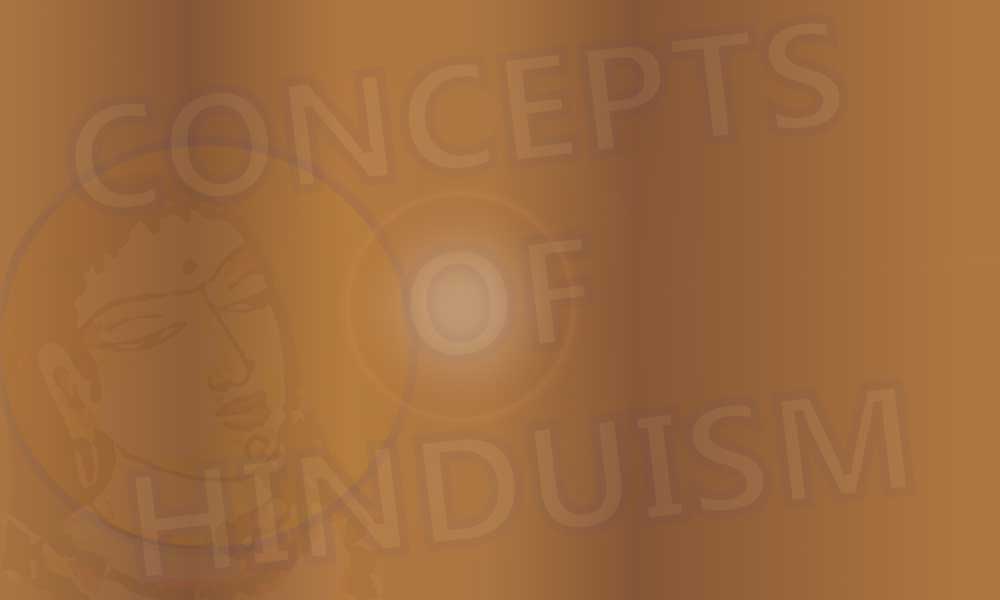
An Account of Angirasa, A Hindu Sage

Angirasa literally means the sap of the body or essence of the body. It is usually a reference to the breath in the body, which is considered the lord of the organs. All the organs are also referred to as breaths because breath is their essence and it supports them. The Brihadaranyaka and Chandogya Upanishads refer to the breath as the Ayasa Angiras, because it is their essence and it removes their weariness.
Angirasa also means the radiant one or the one with a radiant body. Historically, Angirasa or Angirasa is the name of a muni or a Vedic sage who is credited with the composition of several Vedic hymns, especially those of the Atharvaveda and the sixth Mandala of the Rigveda. Angirasa is mentioned as one of the teachers in the Upanishads.
He is also mentioned in some versions as one of the seven seers (sapta rishis) who were manifested by Brahma along with Manu at the beginning of the current Manvantara or the age of Manu. It is possible that several of his descendents and followers were named after him and some of them were equally prominent. The Rigvedic hymns refer to a sage named Angirasa who received several cows as a gift from Lord Indra after he released them from the demons, known as Panis, who held them in captivity.
According to the Mundaka Upanishad Brahma declared the knowledge of Brahman to Atharvan. Atharvan in turn declared to Angirasa. He (Angirasa) declared to to Satyavaha of the Bharadvaja lineage. He of the Bharadvaja lineage to Angirasa (probably a descendent of Angirasa) both the higher and the lower.
Some Buddhist texts (Pitikas) refer to the Buddha as Angirasa or Angirasa Kumara because he belonged to the Angirasa tribe. According to RigVeda (6.73.1-3) Brihaspati, the teacher of gods, was the first born son of Angirasa. As stated earlier, it is possible that the sage had several notable descendents some of whom were also kshatriyas and went by the same name, Angirasa. His wife was said to be either Saudha, one of the daughters of Daksha, or Surupa.
The Mundaka Upanishad narrates a story in which, a householder named Saunaka went to Angirasa to learn the real knowledge by which everything could be known. The sage explained to him the difference between higher knowledge and lower knowledge and between the lower self and the higher self. The lower knowledge was the knowledge of Vedas and other scriptures. The higher knowledge was the knowledge of the Self or Brahman by which the imperishable (immortality) was attained.
The Mundaka Upanishad clearly belong to an ascetic sect, which practiced the tradition of head rite (sirovratam) or shaving of the head. Angirasa's association with the Upanishad and the sect suggests that he was probably the founder or the head of the ascetic sect which followed the teachings contained in the Upanishad.
Suggestions for Further Reading
- Agasthya the Pitcher Born Hindu Sage Who Went to South
- Agni, the Vedic God of Fire
- Arjuna, the Great Pandava of the Epic Mahabharata War
- Ashta Vasus or the Eight Vasus
- Asvins, the Twin Gods of Healing in the Vedas
- Adityas, the Solar Deities
- The Concept of Atman or Eternal Soul in Hinduism
- The Problem of Maya Or Illusion and How To Deal With It
- Belief In Atman, The Eternal Soul Or The Inner Self
- Brahman, The Highest God Of Hinduism
- The Bhagavad Gita Original Translations
- The Bhagavadgita, Philosophy and Concepts
- Bhakti yoga or the Yoga of Devotion
- Hinduism And The Evolution of Life And Consciousness
- Why to Study the Bhagavadgita Parts 1 to 4
- Origin, Definition and Introduction to Hinduism
- Symbolic Significance of Numbers in Hinduism
- The Belief of Reincarnation of Soul in Hinduism
- The True Meaning Of Renunciation According To Hinduism
- The Symbolic Significance of Puja Or Worship In Hinduism
- Introduction to the Upanishads of Hinduism
- Origin, Principles, Practice and Types of Yoga
- Essays On Dharma
- Esoteric Mystic Hinduism
- Introduction to Hinduism
- Hindu Way of Life
- Essays On Karma
- Hindu Rites and Rituals
- The Origin of The Sanskrit Language
- Symbolism in Hinduism
- Essays on The Upanishads
- Concepts of Hinduism
- Essays on Atman
- Hindu Festivals
- Spiritual Practice
- Right Living
- Yoga of Sorrow
- Happiness
- Mental Health
- Concepts of Buddhism
- General Essays